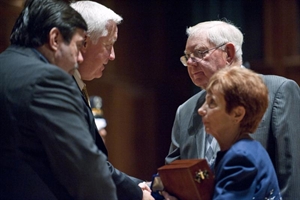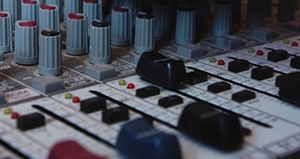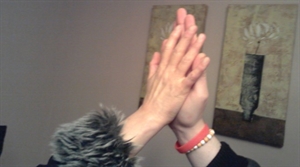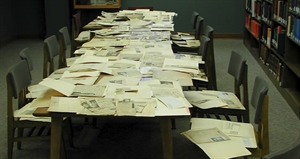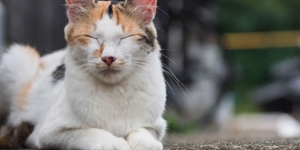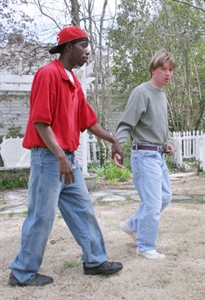National Wear Your Pajamas To Work Day 2024 is on Thursday, April 18, 2024: What's wrong with wearing white after labor day?
Thursday, April 18, 2024 is National Wear Your Pajamas To Work Day 2024. National Wear Your Pajamas To Work Day National Wear Your Pajamas To
As an Amazon Associate I earn from qualifying purchases.
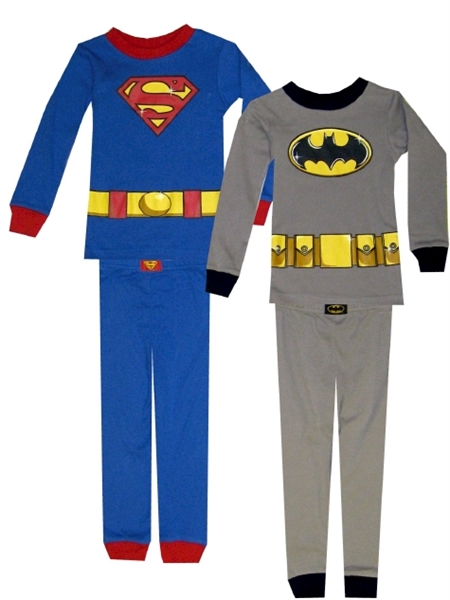
The original old out of date rule was the you were not to wear white SHOES after labor day, it was never a blanket prohibition against all white clothes. After all, a crisp white shirt is a fashion staple no matter what the season, white lace is always appropriate in winter and summer, and white woolen coats, pants, skirts and dresses worn in winter are all sophisticated and elegant -not to mention warm. The rule was made back when socialites in northern US cities in New England and Long Island set the fashion trends and it came from a time when women were expected to wear little white gloves in the afternoon no matter what the weather, they were supposed to wear little hats whenever they went out of the house, and shoes and purses were required to match exactly. Now trends are set by celebrities in places like Miami, Palm Beach, and California where you wear summer clothes all year long, so there's no longer any problem with white shoes, purses, or white anything for that matter. Since we no longer follow any of those other out of date rules -I'm sure you don't wear afternoon gloves, nor do you wear a pillbox hat -it's safe to discard that last old dinosaur of a fashion rule. Anyone who says that rule is valid is probably quite old or quite uninformed about modern fashion and a pretending to be a fashion follower.
As long as what you are wearing is appropriate for the weather and the occasion, then you can wear your whites all year long. And as a certified member of The Fashion Police I will not say anything to you, after all I have bigger crimes to fight, like pajama pants worn outside to the supermarket, crocs with socks, saggy baggy dirty sweat shirts, mullets, and other more serious crimes against fashion and good taste.

how do I name a day?
Good question...umm, I don't know. To make it official, like a federal holiday, where it's nationally recognized? Here's what Wikipedia says...
"Constitutionally, there are no "national holidays" in the United States because Congress only has authority to create holidays for federal institutions (including federally-owned properties) and employees, and for the District of Columbia. Instead, there are federal holidays, state holidays, city holidays, and so on."
"Federal law also provides for the declaration of other public holidays by the President of the United States. Generally the president will provide a reasoning behind the elevation of the day, and call on the people of the United States to observe the day "with appropriate ceremonies and activities." "
Hey I learned something. Otherwise, you can have your own holiday within a company. Just talk to the boss and set it up. Pick a date, post flyers, put it in people's bulletin's or calendars when they're not looking. Microsoft Outlook has a way to send events through the calendar. I like the pajama's to work idea.

What are the Historic Days in Bangladesh that is observed with happiness ?
Pahela Baishakh, the first day of the Bangla year is celebrated in a festive manner in Bangladesh, the day is a national holiday falls on 14th April.
The main event of the day is to open a "Halkhata" or new book of accounts. In villages, towns and cities, traders and businessmen closed their old account books and opened new ones. They used to invite their customers to share sweets and renew their business relationship with them. This tradition is still practiced, especially by jewelers.
New year's festivities are closely linked with rural life in Bengal. Usually on the day everything is scrubbed and cleaned. People bathe early in the morning and dress in fine clothes and then go to visit relatives, friends and neighbors.
Special foods are prepared to entertain guests. Baishakhi fairs are arranged in many parts of the country. Various agricultural products, traditional handicrafts, toys, cosmetics as well as various kinds of food and sweets. are sold at these fairs. The fairs also provide entertainment, with singers and dancers staging jatra, pala gan, kavigan, jarigan, gambhira gan, gazir gan and alkap gan. They present folk songs as well as baul, marfati, murshidi and bhatiali songs. Narrative plays like laily-majnu, yusuf-zulekha and Radha-Krishna are staged. Among other attractions of these fairs are puppet shows and merry-go-rounds.
Observance of Pahela Baishakh has become popular in the cities. Early in the morning people gather under a big tree or on the bank of a lake to witness the sunrise. Artistes present songs to welcome the new year. People from all walks of life wear traditional Bengali dresses:
young women wear white sarees with red borders and adorn themselves with bangles, flowers, and tips. Men wear white pyjamas or dhoti and kurta. Many townspeople, start the day with the traditional breakfast of panta bhat (cooked rice soaked with water), green chillies, onion, and fried hilsa fish.
The most colourful new year's day festival takes place in Dhaka. Large numbers of people gather early in the morning under the banyan tree at Ramna Park where chhayanat artistes open the day with Tagore's famous song, Eso he Baishakh eso eso (Come O Baishakh, come), welcoming Baishakh. A similar ceremony welcoming the new year is also held at the Institute of Fine Arts, University of Dhaka.
Students and teachers of the institute take out a colourful procession and parade round the campus. Social and cultural organisations celebrate the day with cultural programmes. Newspapers bring out special supplements. There are also special programmes on radio and television.
The historical importance of Pahela Baishakh in the Bangladesh context may be dated from the observance of the day by Chhayanat in 1965. In an attempt to suppress Bengali culture, the Pakistan Government had banned tagore songs. Protesting this move, Chhayanat opened their Pahela Baishakh celebrations at Ramna Park with Tagore's song welcoming the month. The day continued to be celebrated in East Pakistan as a symbol of Bengali culture. After 1972 it became a national festival, a symbol of the Bangladesh nationalist movement and an integral part of the people's cultural heritage.












